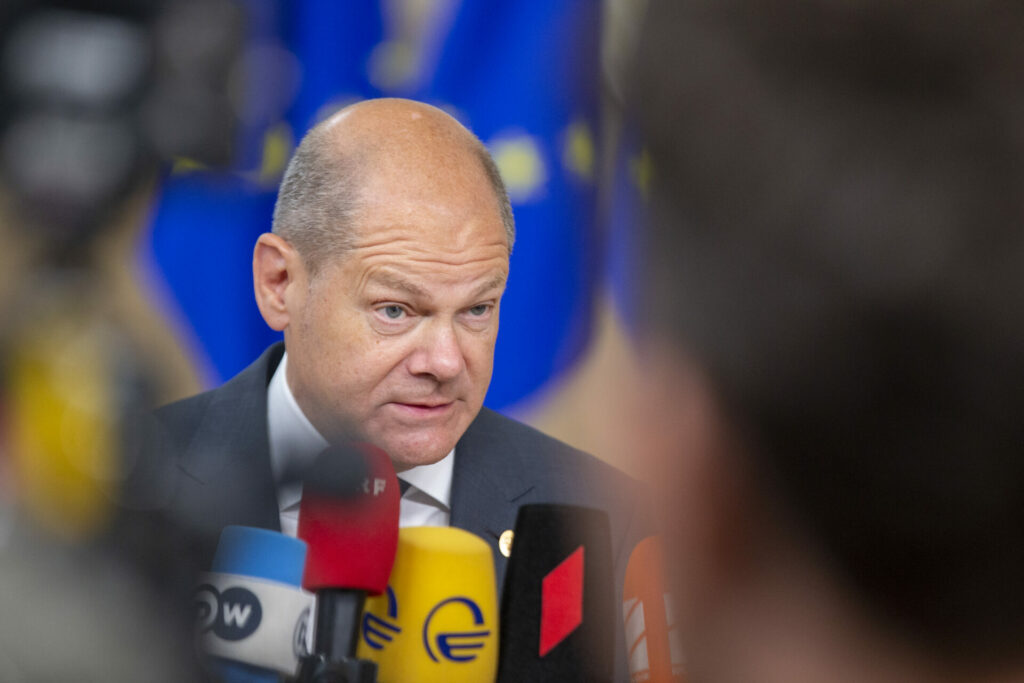This weekend, the German government agreed a €65 billion package of measures to support consumers in the face of skyrocketing energy prices and high inflation.
This is the third and largest support package that Germany's authorities have agreed on since Russia's invasion of Ukraine. Combined, the first two amounted to €30 billion worth of measures; this one will go much further in the measures it puts in place.
"Germany is united in these difficult times. We will come through this as one country," German Chancellor Olaf Scholz stated when presenting the measures on Saturday.
"Our third relief package is bigger than the first two combined. It is particularly important to me that it supports those who have a low income and who fear for their livelihoods."
Among other measures, Germany will introduce a successor to the €9/month ticket for public transport that proved so popular during the summer months.
Helping households confront energy hikes
Pensioners and students will also be entitled to a one-off premium of €300 and €200, respectively, to help them pay their energy costs, Scholz specified to ZDF. Earlier, employees already received an energy premium of €300 and unemployed people received one of between €100 and €200.
Additionally, benefits will be increased and child allowances will be raised by €18 for first and second children. In recent months, parents have already received a one-off "Child Bonus" of €100.
Germany will also introduce a price cap for a basic level of energy consumption, which would mean that consumers should only have to pay higher prices if they consume more. Still, Scholz stressed that by skimming off the surplus profits of the electricity-producing companies, the intention is to reduce prices overall – meaning that the package will affect "all households."
Related News
- Major rail reductions popular in Germany and Spain, no such plans for Belgium
- G7 confirms plans for a price cap on Russian oil
- Belgium in Brief: The Consultative Committee saves the day? Well, not quite
As in other European countries, the prices of gas and electricity in Germany are constantly climbing to new peaks following the war in Ukraine. Inflation reached 7.9% in August, but analysts expect it to rise to 10% or more by the end of the year.
In their agreement, the German government parties also referred to the European Union, where "the possibilities of skimming off the excess profits of energy companies are being discussed," such as "income or price caps for electricity producers who make a lot of profit. "
On Friday, the European Energy Ministers will meet for an emergency session, and concrete proposals from the European Commission for "emergency intervention" in the electricity market and structural reform are also expected.

